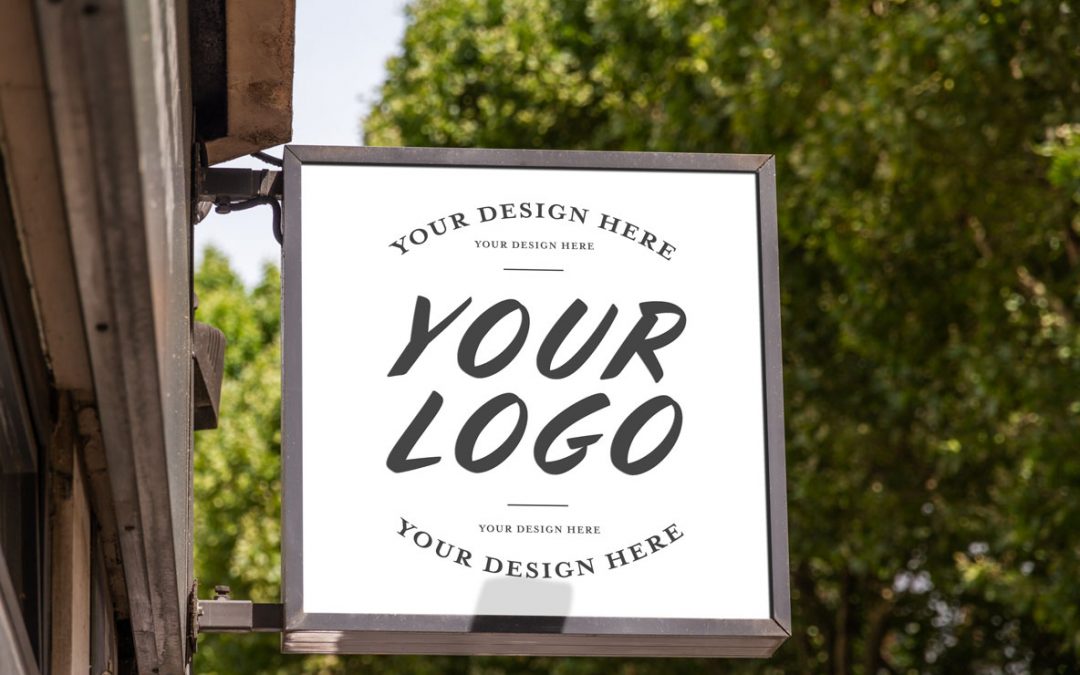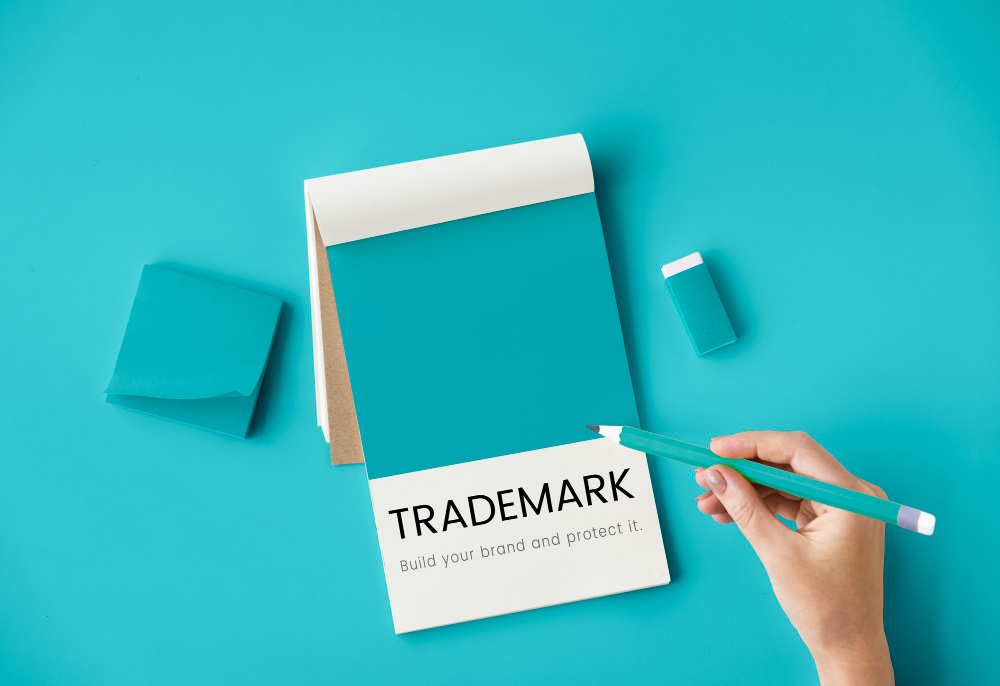
Is Your Logo Borrowed from Hollywood?
Is Your Logo Borrowed From Hollywood?
Companies want to stand out. They want to create a positive impression. So taking a logo from a television show makes sense, right? Wrong. You’re asking for trouble even if you choose a show that is off the air. The producers of the show retain several levels of rights and can easily make you stop using names, logos or other items. The producers retain rights under both trademark and copyright. Not only can they make you stop using the logo, but they can also take your profits from you and make you pay their attorneys’ fees.

Are You Safe From Infringement?
Under trademark law, the main question is whether the public would be confused and think there is a connection between your company and the show. This is also known as likelihood of confusion. Is it likely that your company would be confused with the show you used as “inspiration”? If yes, you’re in trouble. Under copyright law, the question is whether there is a substantial similarity between your logo and their logo. I like to think of this process as more art than science. And no, you can’t argue Fair Use or Public Domain.
“But I Didn’t Know”
The phrase “but I didn’t know” is the reason I started my firm. I heard this phrase so many times from small companies when I worked for big firms and represented the large companies. These small companies were taking chances by operating in unknown conditions. This risk was not necessary, and I want to show them the way to certainty. My mission is to inform, educate and represent small and mid-sized companies in the world of intellectual property, and specifically brand rights. My purpose is to remove obstacles and reduce the friction that may prevent you from conducting business as you wish. Informing and educating are so important, because IGNORANCE IS NOT AN EXCUSE!











